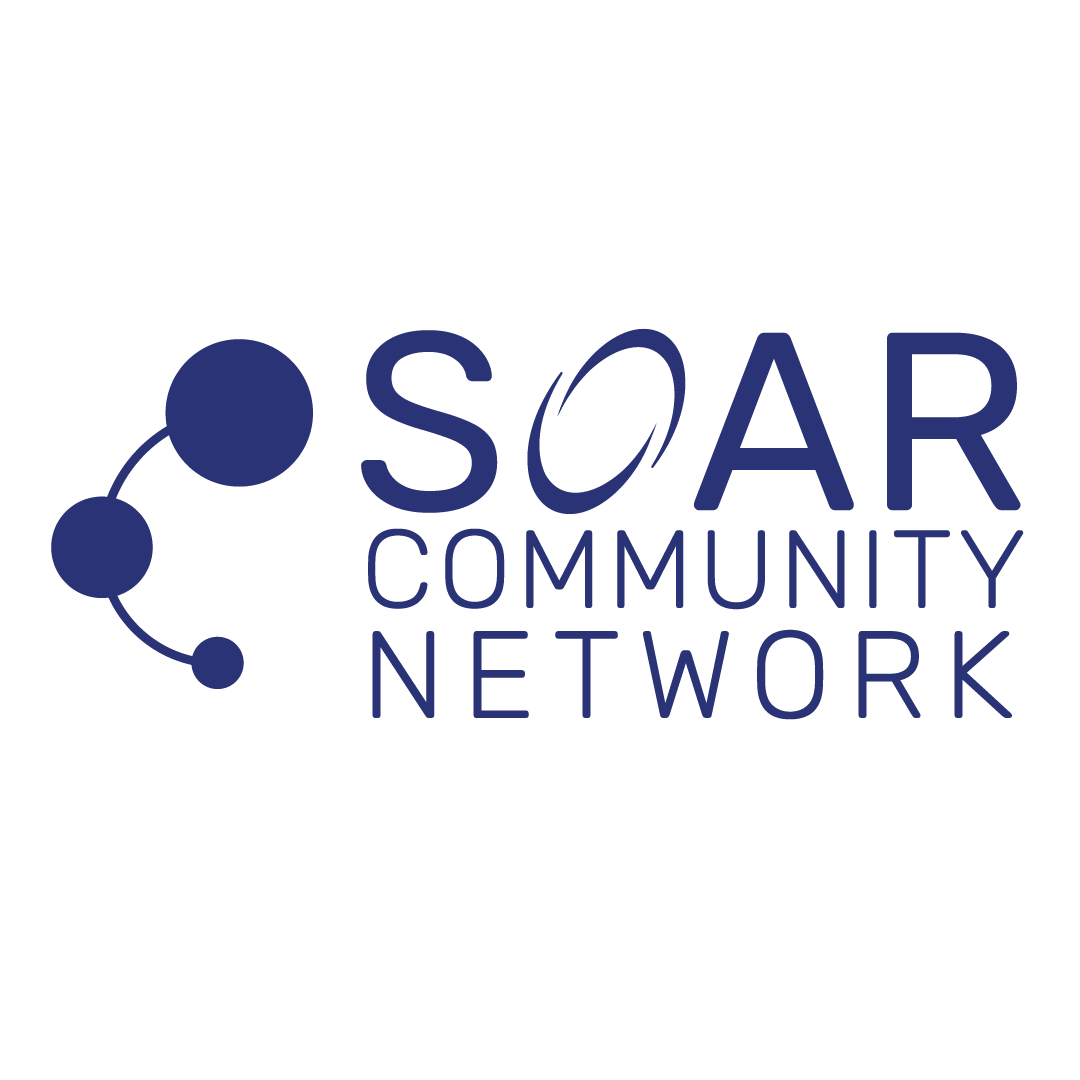Challenge:
In today’s dynamic work environment, a common challenge faced by employees is the perception that their day-to-day work does not contribute to their professional growth or future career prospects. This sentiment can lead to decreased engagement, lower job satisfaction, and ultimately, a higher turnover rate, as employees may feel their current roles do not offer the necessary skills or experiences to advance their careers.
Solution:
To address this issue effectively, organizations need to ensure that every role is seen as an opportunity for career development. This involves creating a supportive framework where employees feel their professional growth is a priority.
-
Personalized Development Plans: Begin by sitting down with each employee to understand their career goals and aspirations. Together, develop a personalized plan that outlines the skills they wish to acquire and the experiences they aim to gain. This plan should be revisited regularly to ensure it remains aligned with the employee’s career path and organizational needs.
-
Mentorship Programs: Implementing mentorship programs can be highly effective in promoting career development. These programs should pair less experienced employees with industry veterans who can provide guidance, share knowledge, and help them navigate their career paths within the organization.
-
Regular Feedback and Adjustment: Establish a robust system for regular performance reviews and feedback sessions. This allows employees to assess their progress towards their development goals and make necessary adjustments. It also encourages ongoing dialogue between employees and their managers, reinforcing the organization’s commitment to individual growth.
Action:
Implementing these career development strategies involves a series of actionable steps:
-
Assess Needs and Goals: Conduct assessments to determine the skills and career aspirations of each employee. Use this data to tailor development plans and mentorship pairings.
-
Launch Mentorship Programs: Officially launch mentorship programs, providing guidelines and support to ensure that mentors and mentees have a clear understanding of the program’s objectives and expected outcomes.
-
Schedule Regular Reviews: Set up a regular schedule for performance reviews and feedback sessions. Ensure these reviews are structured to not only assess performance but also to discuss career development and adjustments to personal development plans.
-
Monitor and Evaluate: Continuously monitor the effectiveness of development plans and mentorship programs. Evaluate their impact on employee satisfaction and retention, and adjust strategies as needed to enhance their effectiveness.
-
Invest in Training and Resources: Allocate resources for training programs and learning materials that support the targeted skills and career paths outlined in employee development plans.
Incorporating these strategies into the organizational culture can dramatically improve how employees perceive their roles and their potential for growth. While these strategies align with our broader principles of creating a cohesive, compassionate, and collaborative workplace, they specifically ensure that every employee feels valued and sees a clear pathway for career advancement within the company.

